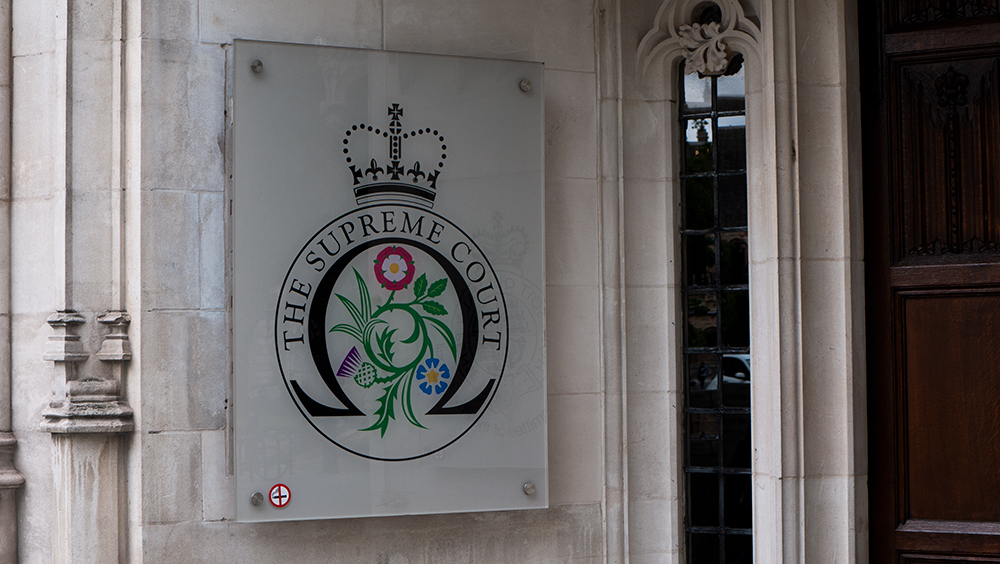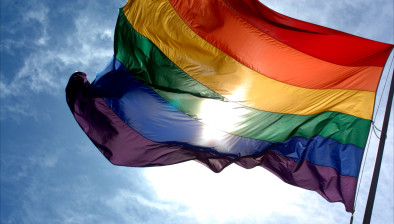UK Supreme Court ruling on definition of ‘woman’ will likely have impact in Northern Ireland

The UK Supreme Court’s ruling that the word “woman” in the Equality Act 2010 does not include transgender women will likely have an impact in Northern Ireland, despite that legislation only applying in Great Britain, Irish Legal News has been told.
The UK’s top court yesterday ruled unanimously in favour of campaign group For Women Scotland (FWS), which was challenging a piece of Scottish legislation aimed at promoting women’s representation on corporate boards, our sister publication Scottish Legal News reports.
It overturned the earlier findings of the Outer House and Inner House of the Court of Session in Edinburgh that the Scottish government was correct in its understanding that the word “woman” in the 2010 Act includes a transgender woman who holds a gender recognition certificate (GRC).
The Scottish Parliament cannot change the 2010 Act because most aspects of equality legislation are reserved to the Westminster parliament.
The 2010 Act does not apply in Northern Ireland, where equality law is fully devolved, but the Equality Commission for Northern Ireland said the judgment would be considered “highly persuasive” in the jurisdiction.
A spokesperson for the Equality Commission told Irish Legal News: “This is a detailed judgment, and the Commission will take time to consider it in full.
“While the Supreme Court’s judgment was not directly concerned with the relationship between the Gender Recognition Act 2004 and our corresponding equality law, the Sex Discrimination (NI) Order 1976 (SDO), our initial view is that the judgment is likely to be deemed by our industrial tribunals and courts to be highly persuasive and, consequently, it is likely to be followed in cases where similar issues arise.
“Ultimately it will be for our industrial tribunals and courts to determine whether unlawful discrimination has occurred in any particular case.
“The Equality Commission will also take the judgment into account when advising employers and service-providers about their duties under the Sex Discrimination (NI) Order.”










